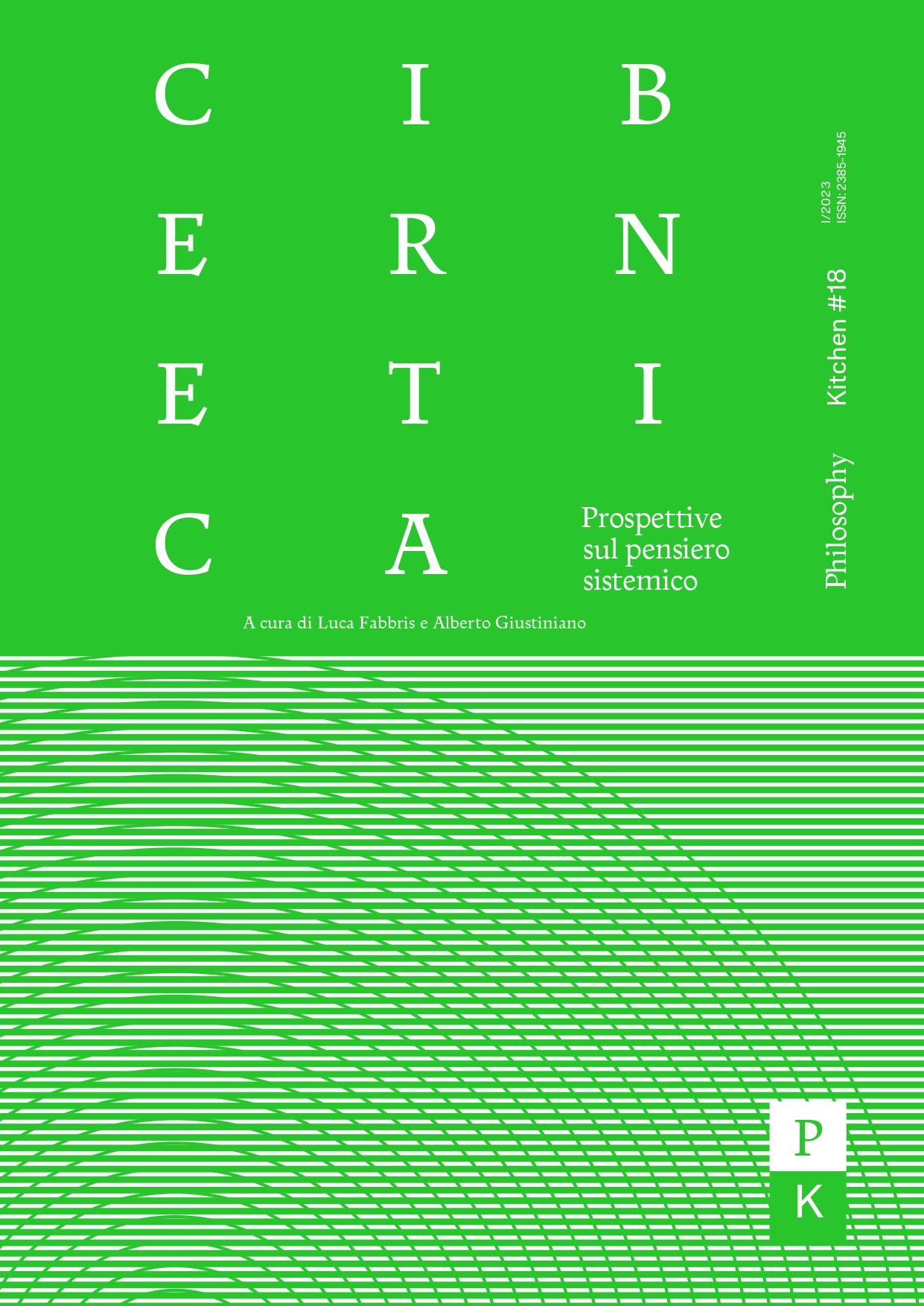Autopoiesis of Political Systems: The Cybersyn Case
DOI:
https://doi.org/10.13135/2385-1945/7837Abstract
As regards systems, two main theories have been outlined. The first one, built on the premises of the two axioms of cybernetics (the animal-machine analogy and the delimitation of the field of study to entities that respond to feedback mechanisms) regards systems in terms of black boxes. The second one, which contradicts the former, is a non-teleological theory based on the concept of autopoiesis. More specifically, the tension between these two cybernetic theories has emerged as soon as autopoiesis was applied to social - and therefore political - systems. The paper considers such tension by focusing on the way in which it has affected the understanding of what a political system is in the context of a specific case study, that of Cybersyn (a Chilean cybernetic project that offered an embryonic form of automated decision-making). Depending on whether one assumes or not the teleological nature of the system, it is possible to pinpoint different causes of justification of the system itself.





